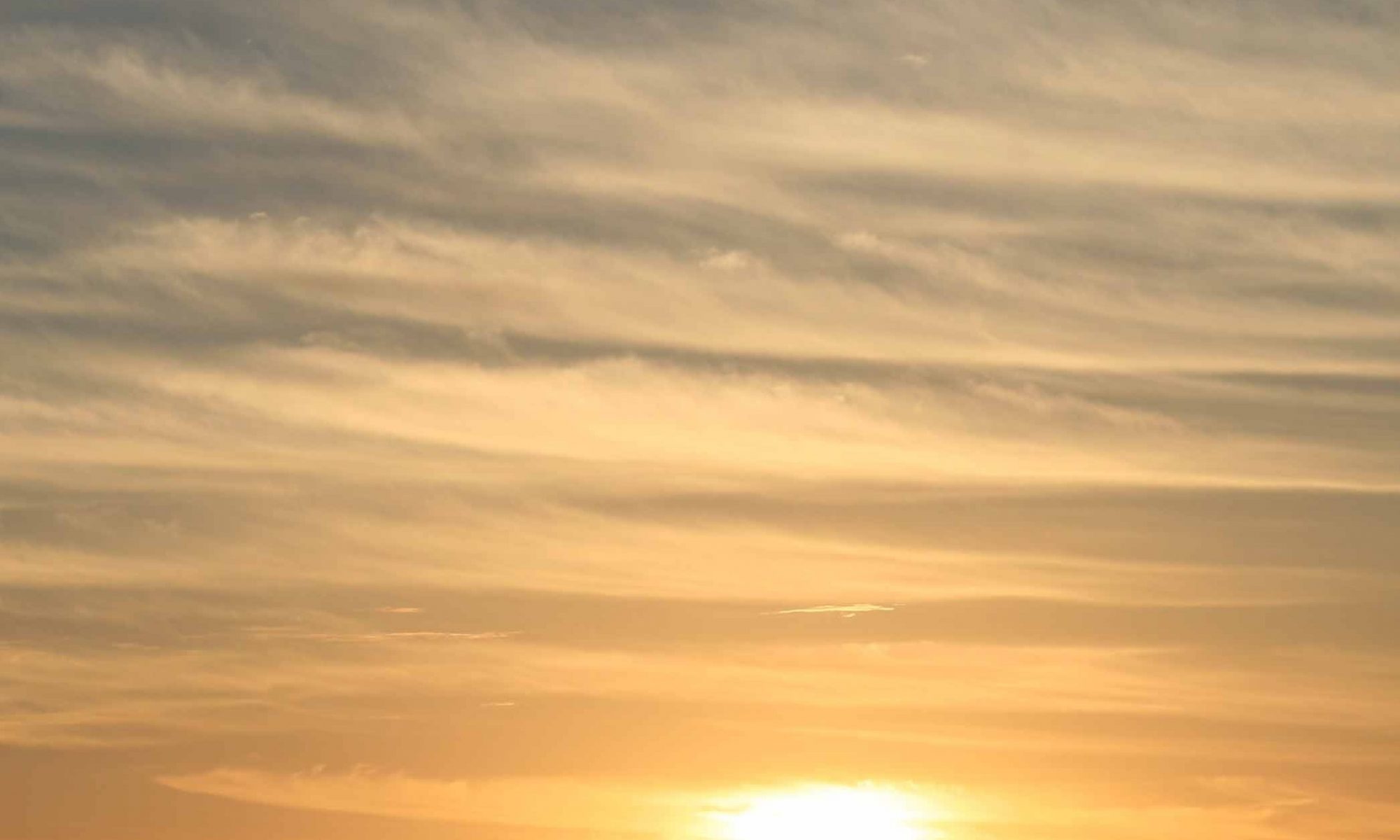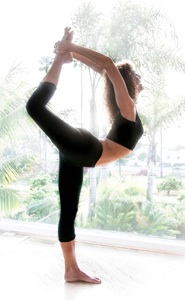Lately, I have been reading quite a bit of commentary online reminding us all that the practice of yoga is about more than just doing the poses. At the same time, there has been an increase in posts of beautiful poses on FB and Instagram. Yogis these days are very adept and proud of it. We seem to love showing off our accomplishments, and clearly people love to see them. With these two seemingly contradictory messages, one can only imagine how confusing this could be for students who want to learn more about yoga. Do I have to be thin, fit, acrobatic? Will I get hurt if I go to a class? Can everybody do handstands? What is the purpose of yoga anyway?
I feel that it is ultimately up to us, the teachers, the ones who offer this great practice to others, to do our part to help steer the perception of yoga on to a more balanced course. Most of us come to teaching from a place of overflowing gratitude. Yoga has changed our lives in some way, and from that place of gratitude we desire to give back, to pass that possibility on to others so they can find their own transformation. Amidst all the gorgeous pose photos and festivals and colorful clothing that draw students in in the first place, there is something that yoga offers that is unique and the most beneficial in the long run. What is that something? It is probably a bit different for each individual. For me, it has been developing the ability to listen to, trust in and follow my own inner wisdom. My personal GPS. My higher Self. Beyond all the poses and the physical benefits of the practice lies this true gem.
We teachers have the power to convey this deeper wisdom to our students by incorporating simple spiritual themes when we teach our classes. There are many different types of yoga offered these days in all types of venues. Some classes are only 1 hour long and do not include time for chanting or discussion of any kind. Some classes barely have time for any quiet sitting such as meditation, deep breathing or savasana. Still, there is a way to offer some spiritual wisdom and inspiration to hungry students.
Find inspiration and bring it to your classes. You may know a poem that inspires you, or a book that you are finding helpful. Perhaps there is a story you saw posted on Facebook that touches your heart. I feel that the juiciest themes come from one’s own personal experiences. That said, we need to be cautious about turning our classes into therapy sessions. Students do not appreciate or learn from having to listen to us vent or share our problems all the time.
Are you interested in developing your teaching to the point where you can inspire your students spiritually as well as physically? If so, take some time to ponder whatever is happening in your life and then see if you can find the lessons that Life is asking you to learn from that experience. Study the teachings of great ones such as the Dalai Lama, Gandhi, Thich Nhat Hanh, Pema Chodron, Byron Katie, Maya Angelou, Jack Kornfield and Eckhart Tolle. Their wisdom is offered in a way that is succinct, timeless and powerful.
Some examples of teachings that are applicable to yoga are:
Take personal responsibility for one’s life in all ways.
If you argue with reality, you lose.
Rise up from victimhood and be the change you want to see.
Learn how to be the observer so you can come from a place of responding rather than reacting.
Become aware of your tendency toward Fight or Flight syndrome that is often stress related.
These topics are just the tip of the iceberg as far as what is available to us online and in books. If you can learn how to deliver a message without sounding like a preacher, people will appreciate it. They took the time to come to class, let’s give them a complete experience: body, mind and soul.


